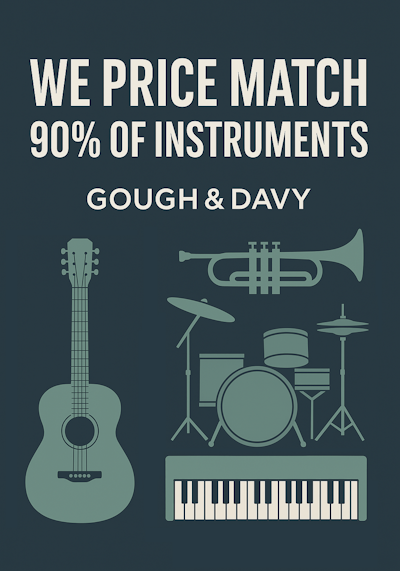
Benefits Of Learning An Instrument As A Child
Jimi Hendrix wasn’t born a world-renowned guitarist and Jools Holland didn’t sit at a piano one day and realise he could play jazz. They, like all the top musicians, had to start from scratch, learning how to play their instrument one note at a time – and the best time to start a new instrument is as a child.
As well as being the means to create a potentially lucrative career in music, learning an instrument offers countless other benefits, even if you don’t make it on to the big stage. Here are just a few.
-
Co-ordination
Trying to arrange your fingers so they can strum, pluck, tap or hold notes takes a lot of co-ordination, which is why music improves dexterity among players and helps them learn how to do multiple things at once.
The Australian government is a big advocate for music learning, and recognises it is not just fingers the subject improves the co-ordination of.
“You also use ears and eyes, as well as large and small muscles, all at the same time. This helps the body and the mind work together,” it stated.
-
Discipline
Being able to play an instrument doesn’t happen overnight, and requires lots of practice, patience and hard work. This is a great lesson for children to learn, and they can reap the rewards for their commitment when they are able to pass grades or play more complicated pieces.
-
Improve Maths skills
Although it might sound strange, any child struggling with maths could benefit from taking music lessons. This is because by listening to the rhythm of songs, they can begin to understand pattern recognition, think critically, problem solve, read scales, and count beats. Without even realising it, they are using maths skills they learnt in class and putting it into practice.
-
Good for mental health
Children are under a lot of pressure these days, and this will only increase as they get older. So, it is a good idea to give them mechanisms to cope with mental health struggles, so they are better equipped to deal with emotional struggles as a teenager, and even as adults.
Being able to play an instrument could be the very thing that helps them unwind, detach from reality, relieve anxiety and stress, and connect with themselves. With one in six children between five and 16 struggling with their mental health, according to Young Minds, music could be the thing that prevents a mental health epidemic among youngsters.
-
Social life
While having a social life outside school is not much of an incentive when children are young, it can really benefit children when they get into their teens. Being part of a band, orchestra, choir, or ensemble is really sociable, and there are bound to be lots of performances, travelling and events to do together that will keep teens busy at weekends, while still being able to hang out with their friends.
Playing in a group also teaches them valuable team-building skills, as well as empathy, patience, and communication abilities.
If you’re interested in getting your child into music, call us today to find out about acoustic pianos for sale.






